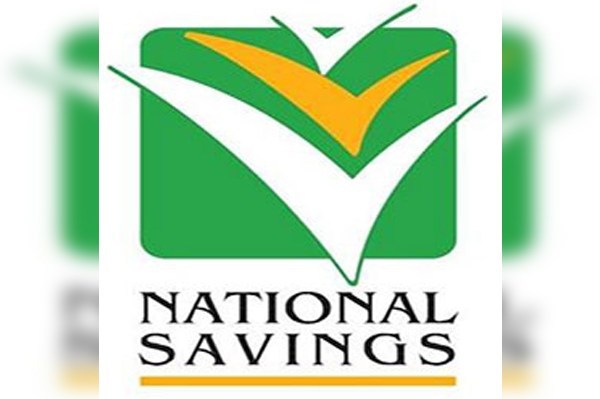The Federal Minister for Finance & Revenue, Muhammad Ishaq Dar has said that National Savings will launch Shariah-compliant products for investors in the coming days.
The Finance Minister on Monday made these remarks in his keynote address in Pakistan’s First International Conference on Islamic Capital Markets, organized jointly by the Securities and Exchange Commission of Pakistan (SECP) and the Accounting and Auditing Organization for Islamic Financial Institutions (AAOIFI),
He said that National Savings is planning to introduce Shariah-compliant solutions for investors.
These offerings will meet the general public’s need for Sharia-compliant investments. Adding to that he said that they will be in the form of 1, 3, and 5-year term accounts with monthly, semi-annually, and end-to-maturity profit distributions.
Ishaq Dar also said that “According to the Islamic Finance Development Report 2022, there are 1,679 Islamic financial institutions, including 560 Islamic banks operating in 76 countries, with 17 percent YoY growth”.
In Pakistan, Islamic financing recorded a growth rate of 29 percent in 2022, he added.
He stated that, “Pakistan has a strategic plan in place to grow Islamic finance”, and added that, “we have a financial inclusion strategy that covers all the components needed to create Islamic financing”.
He emphasized that major financial markets across the globe have exhibited evidence that Islamic finance has already become mainstream, parallel to the global financial system, and that it has the potential to tackle extreme poverty and boost shared prosperity.
SBP Governor Jameel Ahmed communicated the central bank’s commitment to transforming the financial sector into a shariah-compliant one. He mentioned that SBP and SECP, as part of the federal government’s steering committee, are playing their roles in achieving the aligned goals for the transformation towards an Islamic economic system.
Chairman, Board of Trustees, AAOIFI Ebrahim Bin Khalifa Al Khalifa said in his keynote address that the principles of Islamic capital markets foster social and economic development and support sustainable growth, job creation, poverty alleviation, and the overall well-being of communities.
He reiterated AAOIFI’s overall commitment to the Islamic finance industry of Pakistan, as well as its capital market, and assured AAOIFI’s full support for improving the quality of the implementation of its standards in the country.
SECP Chairman Akif Saeed, in his speech said that a calculated approach is needed to transform all segments of the financial system to transform into a complete Islamic ecosystem. While highlighting key reforms introduced by SECP in recent years within the sphere of Islamic finance, he assured the audience of SECP’s complete commitment to transform its regulated sectors in accordance with wishes of people of Pakistan as embodied in the Constitution. He further laid down priority areas of SECP, which include focus on promoting product development & innovative solutions, implementing international best practices in governance and ethical standards, enhancing capacity building through collaborations, and strengthening the legal and regulatory frameworks for Islamic finance.
The event was a great attempt at bringing together prominent speakers from Bahrain, Turkey, Malaysia, the UAE, and the UK, in addition to local industry experts, scholars, and practitioners. Through a series of panel discussions, and breakout sessions, the participants highlighted growth opportunities in different segments of the Islamic capital market and non-bank financial sectors. There was a broad consensus that a strategic development plan needs to be introduced and implemented for the organized development of Islamic finance across all sectors.
On the topic of Islamic fintech, experts agreed that in the fast-changing dynamics of the market, propelled by technological advancements and the growing demand for innovative products that cater to emerging sectors, tech-based products and services need special focus and facilitation.
Participants unanimously resolved that all stakeholders must work together for the shared prosperity of the Muslim Ummah through the development of a sustainable and efficient Islamic financial system.




